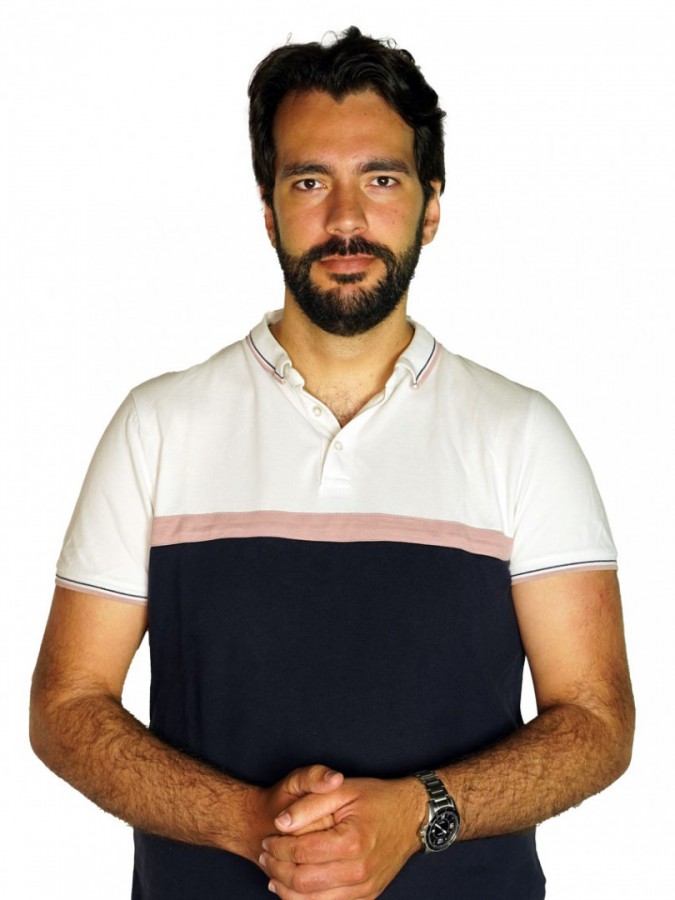resumo
Diabetes mellitus, a chronic metabolic disease with an alarming global prevalence, is associated with several serious health threats, including cardiovascular diseases. Current diabetes treatments have several limitations and disadvantages, creating the need for new effective formulations to combat this disease and its associated complications. This motivated the development of therapeutic strategies to overcome some of these limitations, such as low therapeutic drug bioavailability or poor compliance of patients with current therapeutic methodologies. Taking advantage of silica nanoparticle characteristics such as tuneable particle and pore size, surface chemistry and biocompatibility, silica-based nanocarriers have been developed with the potential to treat diabetes and regulate blood glucose concentration. This review discusses the main topics in the field, such as oral administration of insulin, glucose-responsive devices and innovative administration routes.
categoria
Biotechnology & Applied Microbiology; Engineering
autores
Marinheiro, D; Martel, F; Ferreira, BJML; Daniel-da-Silva, AL
nossos autores
Projectos
CICECO - Aveiro Institute of Materials (UIDB/50011/2020)
CICECO - Aveiro Institute of Materials (UIDP/50011/2020)
Associated Laboratory CICECO-Aveiro Institute of Materials (LA/P/0006/2020)
agradecimentos
This work was developed within the scope of the project CICECO-Aveiro Institute of Materials, UIDB/50011/2020, UIDP/50011/2020, and LA/P/0006/2020, financed by national funds through the FCT/MCTES (PIDDAC). The position held by B.J.M.L.F. was funded by national funds (OE), through FCT-Fundacao para a Ciencia e Tecnologia, I.P., in the scope of the framework contract foreseen in the numbers 4, 5 and 6 of Article 23 of the Decreet-Law 57/2016, of 29 August, changed by Law 57/2017 of 19 July. D.M. acknowledges FCT for the PhD grant (2021.05673.BD).




